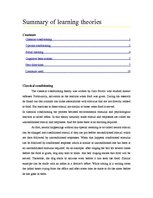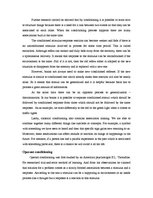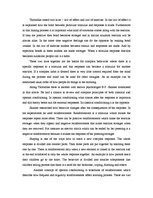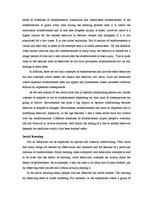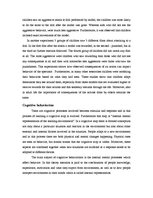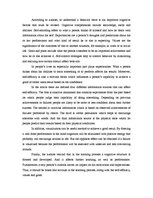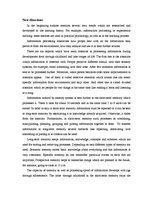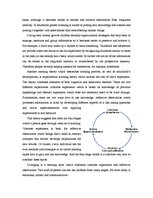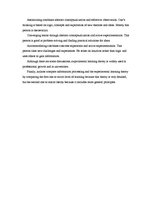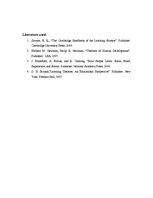This theory suggests that there are four stages which a person goes through when he is learning. Concrete experience is basic for reflective observation which brings one’s mind to abstract concepts that further develops implications for new actions. Of course, every individual has his own methods and strategies or so called learning styles how to gain and use knowledge. And the four stage model is a common way how to combine these styles.
Diverging is a learning style which combines concrete experience and reflective observation. This kind of person can see one problem from many angles. He most likely is emotional, artistic and communicative.
Assimilating combines abstract conceptualization and reflective observation. One’s thinking is based on logic, concepts and exploration of new theories and ideas. Mostly this person is theoretician.
Converging learns through abstract conceptualization and active experimentation. This person is good at problem solving and finding practical solutions for ideas.
Accommodating combines concrete experience and active experimentation. This person likes new challenges and experiences. He relies on intuition rather than logic and uses others to gain information.
Although there are some discussions, experimental learning theory is widely used in professional growth and at universities.
Finally, authors compare information processing and the experimental learning theory by comparing the first one to micro level of learning because this theory is very detailed, but the second one to macro theory because it includes more general principles.
…
